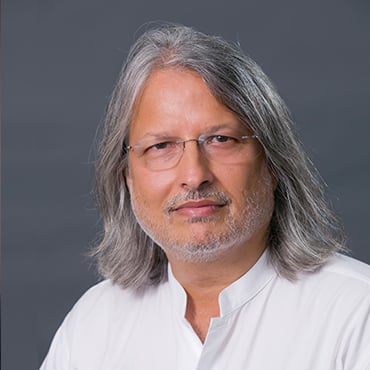The Kolo Nafaso programme was started in 2009 in Burkina Faso by AAK, a 140-year-old Swedish supplier of vegetable fats and oils. AAK created a direct link with the producers – women in West Africa who traditionally harvested shea nuts – and cut out the middlemen. The aim was to improve productivity and pay a fair price. As a cocoa butter equivalent, the oil from the nuts was a major ingredient for chocolate manufacturers, who could then claim that their products were made from traceable ingredients and a sustainable supply - a growing concern for consumers and investors.
As the programme expanded from Burkina Faso to Ghana, AAK met several obstacles: maintaining the loyalty of the shea producers when local competitors offered higher prices, operational challenges associated with expansion, ensuring a stable supply despite political unrest in Burkina Faso, rising costs, and realising the potential brand value of Kolo Nafaso.
To study of the development of an alternative supply chain with social impact, where the social impact was seen as CSR in the early years. As the programme evolves and the market opportunity becomes clear, the company must decide whether it can be scaled up to become an actual business. The case highlights the internal and external communications and coordination required –
notably communications to clients – and internal/external channel conflicts when the new supply chain begins to compete with existing suppliers.
- supply chain
- sustainability
- traceability
- fair trade
- social impact
- Africa
- shea
- pre-financing
- social innovation
- Kolo Nafaso
- AAK
- brand value
- Q22020






